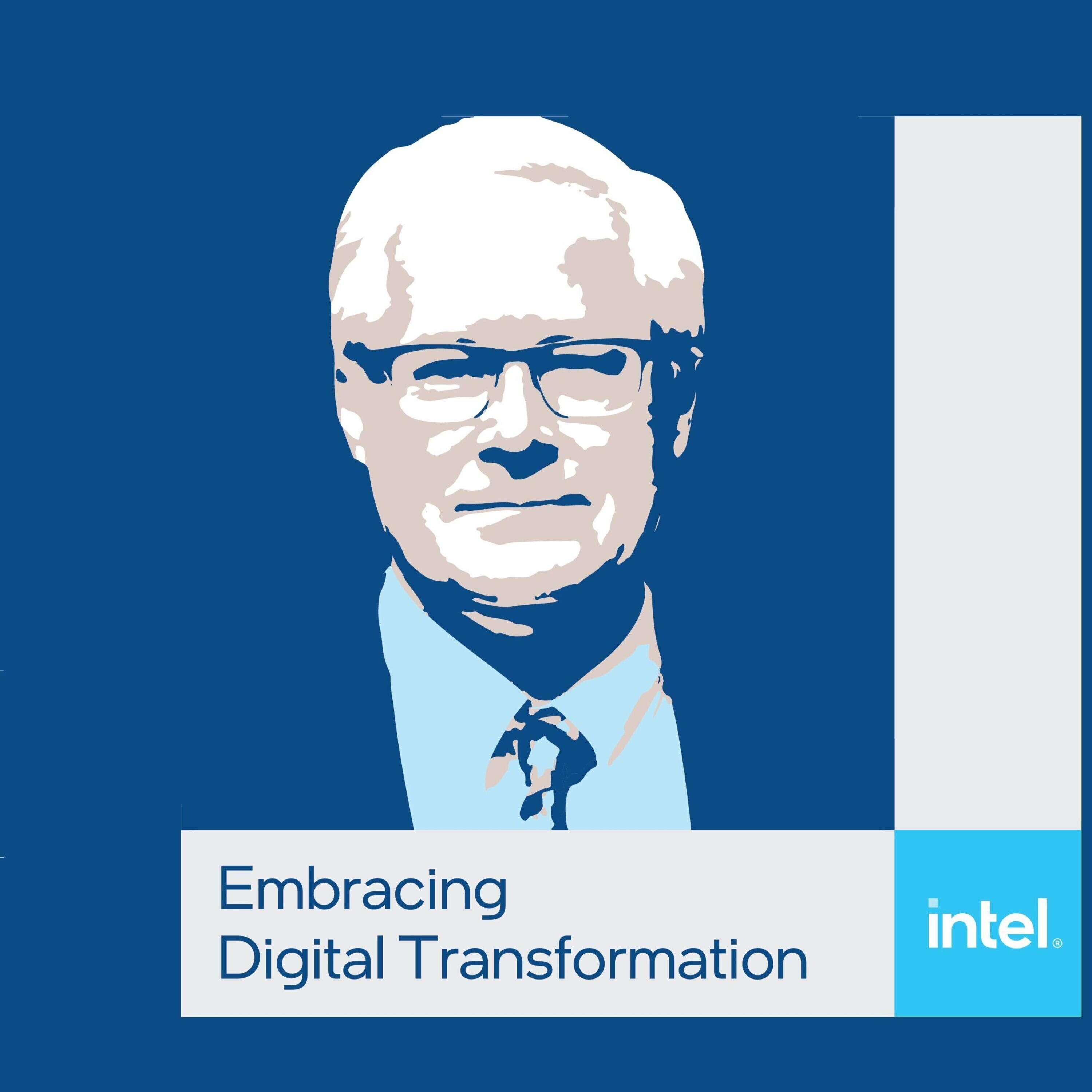- After-Shows
- Alternative
- Animals
- Animation
- Arts
- Astronomy
- Automotive
- Aviation
- Baseball
- Basketball
- Beauty
- Books
- Buddhism
- Business
- Careers
- Chemistry
- Christianity
- Climate
- Comedy
- Commentary
- Courses
- Crafts
- Cricket
- Cryptocurrency
- Culture
- Daily
- Design
- Documentary
- Drama
- Earth
- Education
- Entertainment
- Entrepreneurship
- Family
- Fantasy
- Fashion
- Fiction
- Film
- Fitness
- Food
- Football
- Games
- Garden
- Golf
- Government
- Health
- Hinduism
- History
- Hobbies
- Hockey
- Home
- How-To
- Improv
- Interviews
- Investing
- Islam
- Journals
- Judaism
- Kids
- Language
- Learning
- Leisure
- Life
- Management
- Manga
- Marketing
- Mathematics
- Medicine
- Mental
- Music
- Natural
- Nature
- News
- Non-Profit
- Nutrition
- Parenting
- Performing
- Personal
- Pets
- Philosophy
- Physics
- Places
- Politics
- Relationships
- Religion
- Reviews
- Role-Playing
- Rugby
- Running
- Science
- Self-Improvement
- Sexuality
- Soccer
- Social
- Society
- Spirituality
- Sports
- Stand-Up
- Stories
- Swimming
- TV
- Tabletop
- Technology
- Tennis
- Travel
- True Crime
- Episode-Games
- Visual
- Volleyball
- Weather
- Wilderness
- Wrestling
- Other
#153 Training the Next Generation in AI
In this podcast episode, Pete Schmitz, a retired Intel account executive, talks about his work with high school students in teaching them about AI and how to use it in their robotics competitions. He explains that these competitions require the use of autonomy, and AI is a crucial component in achieving that. Pete shares an example of how computer vision, powered by AI, is used in the Defense Advanced Research Projects Agency's unmanned surface vehicle, DARPA D Hunter.
Harnessing the Power of Linear Algebra and Calculus in AI
Linear algebra and calculus form the backbone of artificial intelligence (AI) algorithms and systems. In a recent podcast episode, Pete Schmitz, a retired Intel employee and AI enthusiast, highlights the importance of understanding these fundamental mathematical concepts in the context of AI.
Linear algebra is crucial in AI, particularly in tasks such as image recognition. Through matrix multiplication, convolutional neural networks (CNNs) are able to process and analyze vast amounts of image data, enabling the identification and classification of objects in images. Calculus, on the other hand, is utilized in training AI models through techniques like gradient descent, where the algorithm continuously adjusts its parameters based on the rate of change of a given function.
Schmitz emphasizes the value of students learning these subjects in school, as it provides them with a solid foundation to delve into the world of AI. Understanding the fundamentals enables students to build on the knowledge and advancements made by previous generations in the field of AI. With the exponential growth in technology, AI is evolving rapidly, allowing for more efficient and automated solutions to previously laborious tasks.
AI's Transformative Impact Across Industries
The podcast also delves into the transformative impact of AI across various industries. AI-powered systems are enabling advancements in healthcare, retail, and several other sectors. For instance, AI is being utilized in healthcare to detect and diagnose diseases like cancer, improving the accuracy and efficiency of healthcare professionals. In the retail sector, AI is used to analyze customer shopping habits and provide personalized recommendations, enhancing the overall shopping experience.
Furthermore, the hosts discuss the recent advancements in generative AI models, such as transformers. These models have the ability to identify underlying patterns in large datasets, facilitating data analysis and decision-making. By leveraging transformers and generative models, industries can unlock valuable insights and drive innovation.
Fostering Innovation and Adapting to New Technologies
Innovation is a key theme throughout the podcast episode. The hosts stress the importance of organizations embracing new technologies and processes to stay relevant in today's rapidly evolving world. It is essential to foster a comprehensive ecosystem that supports innovation in various industries, providing specialized tools and services for different aspects of innovation.
The podcast also encourages empowering new talent in engineering, business, and marketing roles to think outside traditional norms and embrace fresh perspectives. By breaking free from outdated processes and ways of thinking, organizations can tap into the potential of their employees and drive innovation.
The guest speaker, Pete Schmitz, emphasizes the need for continuous learning and adaptation in the face of technological advancements and digital transformations. Organizations must evolve and embrace change to avoid becoming obsolete in the competitive landscape.
In conclusion, this podcast episode sheds light on the significance of linear algebra and calcu

